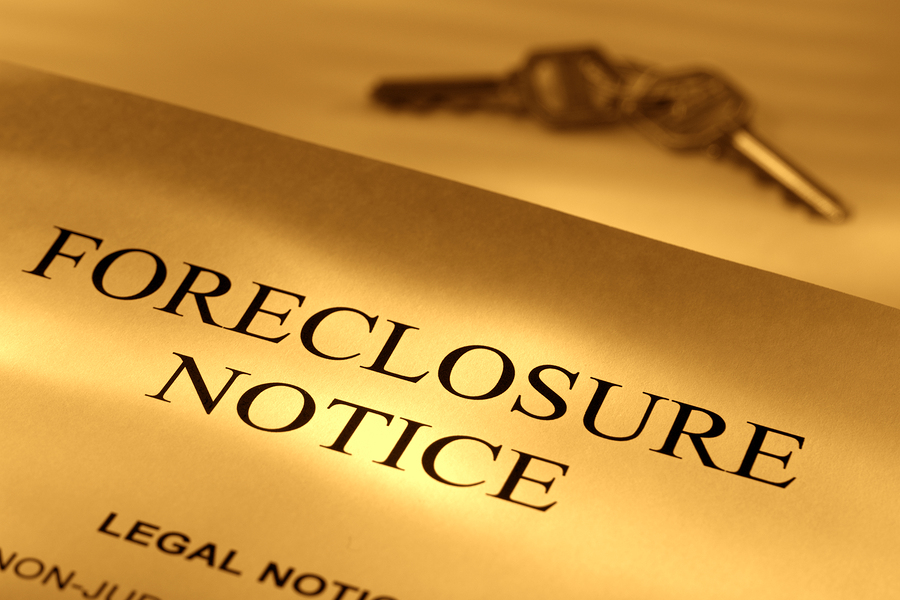Shareholder disputes are far too common and are often caused by a desire for one or more shareholders who want to terminate the shareholder relationship. However, they can also arise because shareholders disagree how a business is being run or because shareholders fear liability on the part of other shareholders that they believe is illegal or fraudulent. Shareholders may allege misconduct such as misappropriation, breach of fiduciary duty or breach of the shareholder agreement.
Shareholders may consider mediation to help resolve disputes of this nature. Mediation uses an impartial third party to help resolve the case. This avoids the publicity of a trial and the dissemination of private information to the public. Parties can choose their mediator, so they may select someone who is experienced in the same industry that the shareholders are a part of. Mediation allows both sides to communicate their perspective and to express their interests. The mediator attempts to bridge the communication gaps between the parties while offering valuable feedback regarding the merits of different claims or defenses. The mediator may provide suggestions on ways to potentially settle the claim and will encourage both parties to come up with their own creative solutions. This form of ADR is particularly well-suited to shareholder disputes because it is non-adversarial in nature, allowing the parties to reach an amicable solution and maintain their relationship.
For other cases, shareholders may consider arbitration as a way to resolve the dispute. Arbitration is an abbreviated form of litigation. However, the parties choose the decision maker instead of having a judge or jury. Arbitration can be binding by nature and can only be appealed on limited grounds. The arbitrator can issue a binding decision that all parties must adhere to. At the same time, arbitration offers a less expensive and faster resolution than would likely be available through litigation







 The commercial foreclosure process is very similar to a residential foreclosure. If the commercial borrower defaults on the loan, the lender may take steps to reclaim the property. Default is often triggered by non-payment, but it could also be due to some violation of the mortgage agreement such as failing to maintain insurance on the property or subleasing the property against the instructions on the mortgage documents. A foreclosure in the commercial setting may be conducted through the judicial or nonjudicial process.
The commercial foreclosure process is very similar to a residential foreclosure. If the commercial borrower defaults on the loan, the lender may take steps to reclaim the property. Default is often triggered by non-payment, but it could also be due to some violation of the mortgage agreement such as failing to maintain insurance on the property or subleasing the property against the instructions on the mortgage documents. A foreclosure in the commercial setting may be conducted through the judicial or nonjudicial process. Attorneys’ fees disputes are so common that many states and bar associations provide free or low-cost mediation services to help attorneys and their clients resolve disputes regarding legal fees. The mediation process is voluntary and can help the parties resolve their dispute without need for any further legal action.
Attorneys’ fees disputes are so common that many states and bar associations provide free or low-cost mediation services to help attorneys and their clients resolve disputes regarding legal fees. The mediation process is voluntary and can help the parties resolve their dispute without need for any further legal action. Negligence cases are some of the most commonly tried cases. A car accident, mistake made by a doctor or a defective product can quickly lead to litigation. However, ADR is often much better at resolving cases involving negligence.
Negligence cases are some of the most commonly tried cases. A car accident, mistake made by a doctor or a defective product can quickly lead to litigation. However, ADR is often much better at resolving cases involving negligence. Medical negligence cases are often complex in nature, typically requiring the testimony of a medical expert to substantiate the plaintiff’s claims. The legal and factual issues are often complex. These factors mean that there may be additional issues in dispute, which tends to make the case longer, more complicated or more expensive for both parties involved in the process.
Medical negligence cases are often complex in nature, typically requiring the testimony of a medical expert to substantiate the plaintiff’s claims. The legal and factual issues are often complex. These factors mean that there may be additional issues in dispute, which tends to make the case longer, more complicated or more expensive for both parties involved in the process. LGBT couples face many of the same family law issues as other groups. However, the needs of LGBT individuals may be different or sensitivity may be necessary to best provide for them. Mediation allows the parties to retain their own decision-making power and avoid having to battle issues out in court. LGBT individuals may be afraid that negative social stigmas may affect the legal outcome of their case. In other situations, the law has not kept up with a changing society, providing potentially unjust results.
LGBT couples face many of the same family law issues as other groups. However, the needs of LGBT individuals may be different or sensitivity may be necessary to best provide for them. Mediation allows the parties to retain their own decision-making power and avoid having to battle issues out in court. LGBT individuals may be afraid that negative social stigmas may affect the legal outcome of their case. In other situations, the law has not kept up with a changing society, providing potentially unjust results.